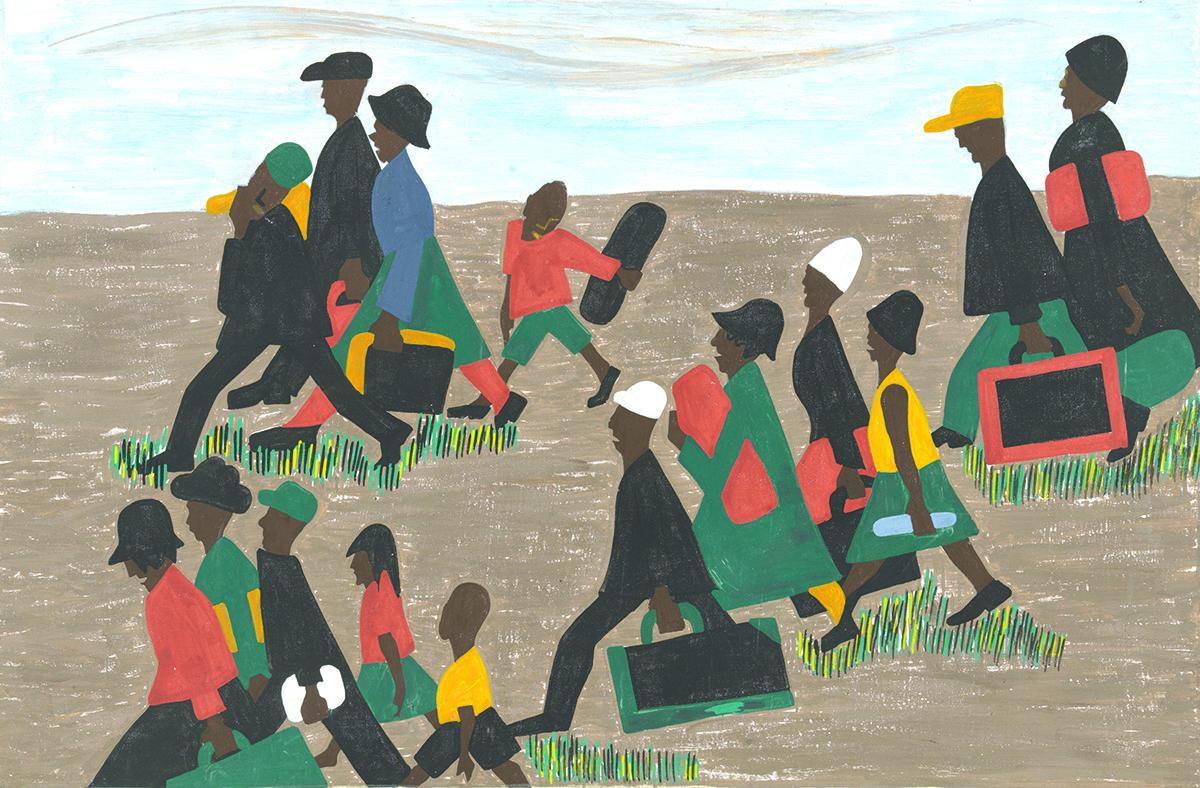When I took African American History in high school I knew very little about Malcolm X except that he was a part of the civil rights movement and was treated as the opposite of MLK. My teacher chose to have our class mostly focus on the civil rights movement through Malcolm X’s story and I remember thinking just how wrong all the preconceived notions were about him. He didn’t advocate for violence anytime anywhere, he advocated for the right to defend oneself from harm. He wanted people to fight for themselves and protect their own. I can see how this could be easily misconstrued by media at the time, most likely purposefully, because the idea of African Americans protecting themselves is seen as unacceptable since they were seen as inferior to white people back then.
I liked the fact that we focused more on MLK in ths class because it gave me a new perspective of the Civil Rights Movement that I hadn’t previously been taught. My high school class focused on Malcolm X as an activist, but also a muslim and, a human who made mistakes. I think often MLK is treated as a saint, which isnt necessarily a bad thing, but it does disconnect him from others almost as if he had the only way to proceed in the Civil Rights Movement.
I think it is important to acknowledge that there were many different approaches by activist and organizations to forward the civil rights movement and I’m glad this class acknowledged that since it is often not the picture painted by schools in America.
